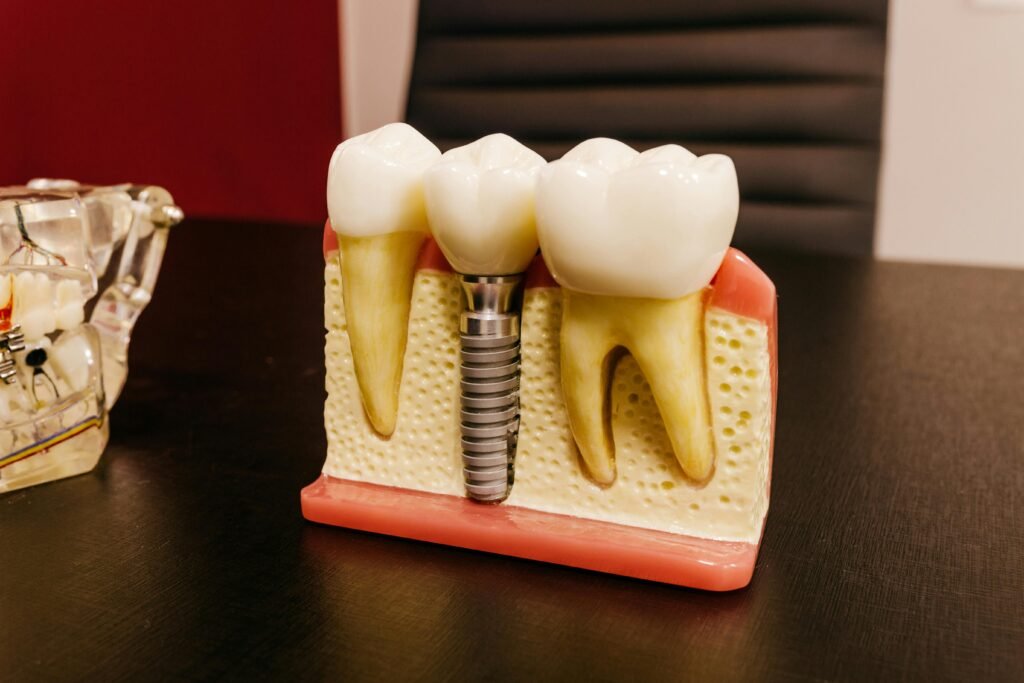Congratulations on taking a major step toward restoring your dental health!
Dental implants are widely considered the most effective and long-lasting solution for replacing missing teeth. Unlike dentures or bridges, implants restore both function and aesthetics while preserving your jawbone health. This guide is designed to provide you with clear, scientifically grounded instructions for preparing for your surgery and ensuring a smooth recovery.
1. Pre-Operative Instructions
Proper preparation is essential to minimize risks and promote successful healing. Please review the following checklist before your appointment.
Inform your dentist about conditions like diabetes or heart disease. Mention all medications, especially blood thinners, as these may need adjustment.
If sedation is planned, usually no food or drink for 6–8 hours before surgery. Arrange for a friend to drive you home.
Brush and floss thoroughly before your appointment to reduce bacteria. Avoid alcohol-based mouthwash right before surgery.
Avoid alcohol and smoking for 24 hours prior. Wear comfortable, loose-fitting clothing and get a good night’s sleep.
Questions to Ask Your Dentist
- How many implants will be placed?
- What is the timeline for the final crown?
- How should I manage my specific medications?
2. Post-Operative Recovery
Healing is a gradual process. Adhering to these care instructions will help minimize discomfort and ensure the long-term success of your implant.
Mild bleeding is normal. Bite gently on gauze for 30–60 minutes. Do not use straws or spit forcefully for 24 hours.
Apply a cold pack to the face (15 mins on/off) for the first 48 hours. Manage discomfort with prescribed medication or OTC pain relievers.
Stick to soft foods (yogurt, mashed potatoes, smoothies) for the first few days. Avoid hot, spicy, or crunchy foods.
Brush gently, avoiding the surgical site. After 24 hours, use a warm saltwater rinse to promote healing.
3. Healing Timeline
Week 1–2: Initial Healing
Soft tissue heals; swelling and discomfort decrease significantly.
Month 1–3: Osseointegration
The critical phase where the implant fuses biologically with your jawbone.
Month 3–6: Restoration
Once fully healed, the final crown is placed, completing your smile.
⚠️ When to Seek Help
Contact the office immediately if you notice:
- Excessive bleeding that doesn’t stop with pressure
- Severe pain not relieved by medication
- Signs of infection (fever, pus, excessive heat)
- Numbness or tingling that persists
- Loosening of the implant
Ready to schedule your procedure?
Book an Appointment

